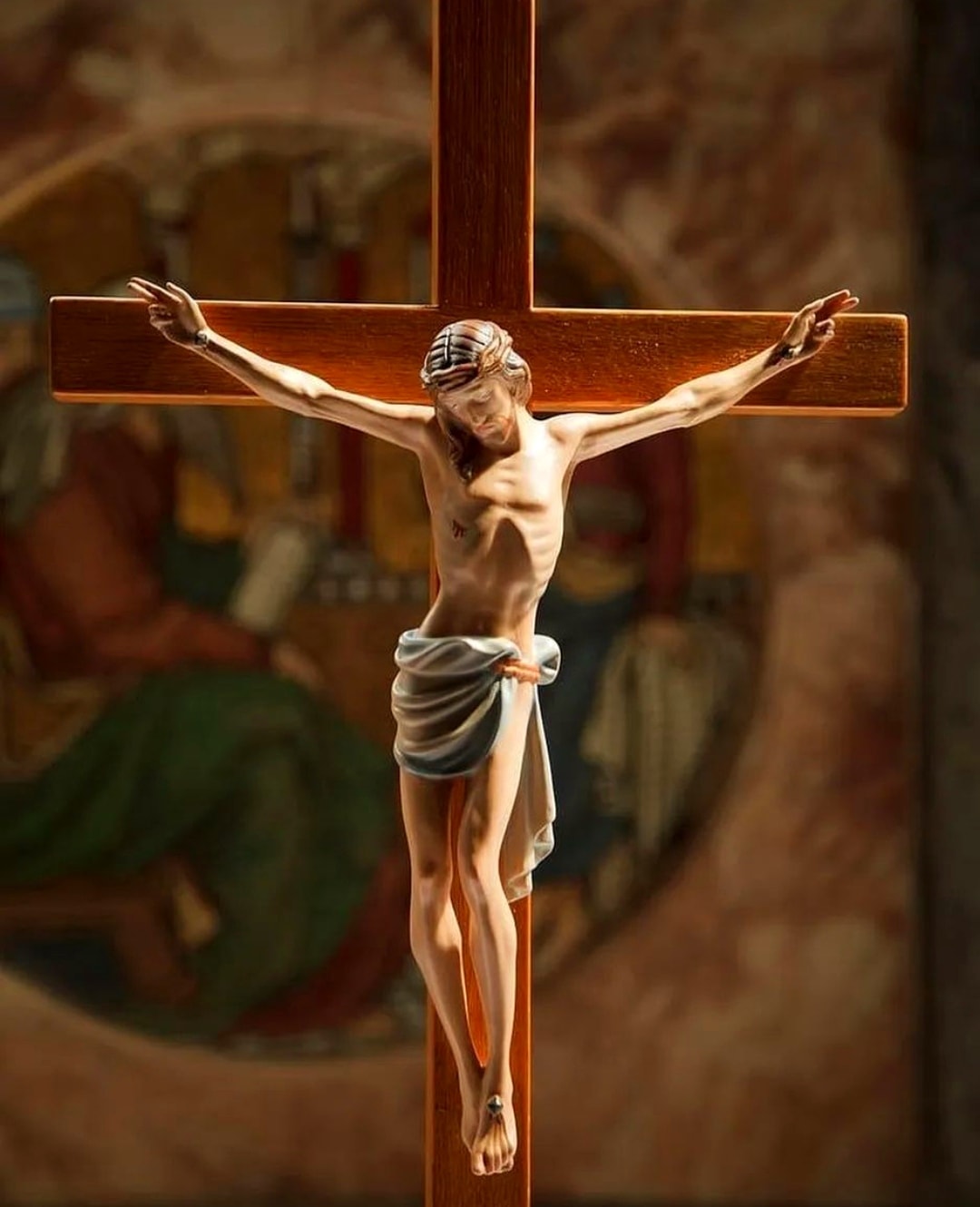
Jn.13:31-33a, 34-35
Fr. Raphel Paliyekkara SDB was born in 1955 at Ollur in Kerala. He had an ardent desire to become a missionary. He joined the Salesian congregation and opted for the North East mission. From his high school days onwards, he was in the mission land of Shillong. He was ordained in 1984 on December 29. He was trained to be a formator in the seminary. He completed his specialisation in formation from the Salesian pontifical university, Rome, and psychology training from Kent University, England. In 2000, he was appointed as the Novice Master. It was a difficult time in Imphal. There was a great tension created by underground militants. They used to demand a huge sum from the church to run its institutions peacefully.
On May 15, 2001, Fr. Raphel was taking a class for the novices. Fr. Andria’s Kindo came to the class room and informed them of the dangerous situation that they are facing. Fr. Raphael asked the novices to study and went out of the classroom along with Fr. Andrias. After a few minutes, he came back to the class room and informed the novices that class was over and instructed them to go to their study hall with a strict warning that no one should come out, whatever happened. Then he went to the chapel to pray, and both the priests went to meet the militants. The regent brother, Shinu, communicated to the novices the dangerous situation that they were facing and told them to pray earnestly because their fathers gave all the money and yet they were not satisfied. Then Br. Shinu also joined, along with the priests. Militants raised their voices and said, “Send everyone here.” Separate the non-natives. Having known their intention to kill the novices from other tribes, Fr. Raphael resisted them, saying that they would be frightened to meet militants with guns. “Whatever you want to say and do, kindly do it with us.” The militants yelled and fired their Ak 47 guns at them before fleeing the scene. The cook, who hid and witnessed everything, informed them of the murder of their novice master and other staff members. They rushed and carried the lifeless bodies of their priests and regent brothers. Fr. Raphael and other staff could easily save their lives by allowing the militants to sperate other tribal brothers and leaving them to their destiny. Instead, they sacrificed their own lives and saved them. Thus, these missionaries wrote the final commandment of Jesus with their own blood.
Have you experienced the redeeming love of Jesus in your life? Could you ever try to love like Jesus? We mediate today’s gospel passage in the background of Jesus’ farewell talk to his disciples after the Last Supper. Judas, who wanted to betray Jesus, left the table, determined to accomplish his conspiracy against Jesus. With his departure, the hour of Jesus begins.
This hour was not merely an hour of passion and death for Jesus. It was a moment of glory for him. Through his perfect obedience, Jesus glorifies his Father. In the garden of Eden, humanity failed to obey God the Father. Here in the garden of Gethsemane, we see the renewed humanity in Jesus as he glorifies the Father through his perfect obedience. Thus, the Father could manifest his gratuitous and unconditional love towards humanity in the self-giving love of Jesus on the cross. In the garden of Eden, when Adam and Eve commit sin, their love becomes self-centred and they blame each other for their failure. Here, Jesus, the second Adam, accepts the sin of the entire world and becomes the source of agapeic love, which is centred on the other. In return, the Father will glorify his son by allowing him to conquer death through his own resurrection. Thus, lost humanity will once again share the divine intimacy with the Father through Jesus, who is fully God and man, who is the way, the truth, and the life, who revealed the Father to us.
Before he departs from his earthly sojourn, he gives the most important commandment to his disciples: “You love one another.” Just as I have loved you…” (Jn. 13:34) Because, until then, the act of loving had been presented as conditional; love those who love us and hate those who hate us. Jesus opens a new understanding of unconditional love. He asked us to love one another for love’s sake. Instead, love one another just like the way he loved each one of us. How did he love us? The crucified Christ reminds us of his act of unconditional love. Even though we were sinners, even if we did not merit, we weren’t grateful, yet he loved us unconditionally and died for us.
Being a follower of Christ is a call to grow into the spirit of this unconditional love. The Christian way of life is a call to love like Christ and live like Christ. The world need not identify us as Christians either because of the church’s pomp and glory or our material wealth, but through our unconditional and selfless love for each other. Is it possible to love unconditionally and selflessly? The story of every saint, like Maximillian Kolbe, Damien Martin, Mother Theresa, etc., tells us that unconditional love is possible. When we are moved by the charity of Christ, we will transform our surroundings with the love of Christ. Let us thank the good Lord for the heroic witness of Fr. Raphel, Fr. Andrais, and Br. Shinu, who lived the commandment of love in its fulness. As we continue our faith journey, let us ask Jesus to give us the grace to experience his redeeming love in our lives so that we will be able to love like Christ.